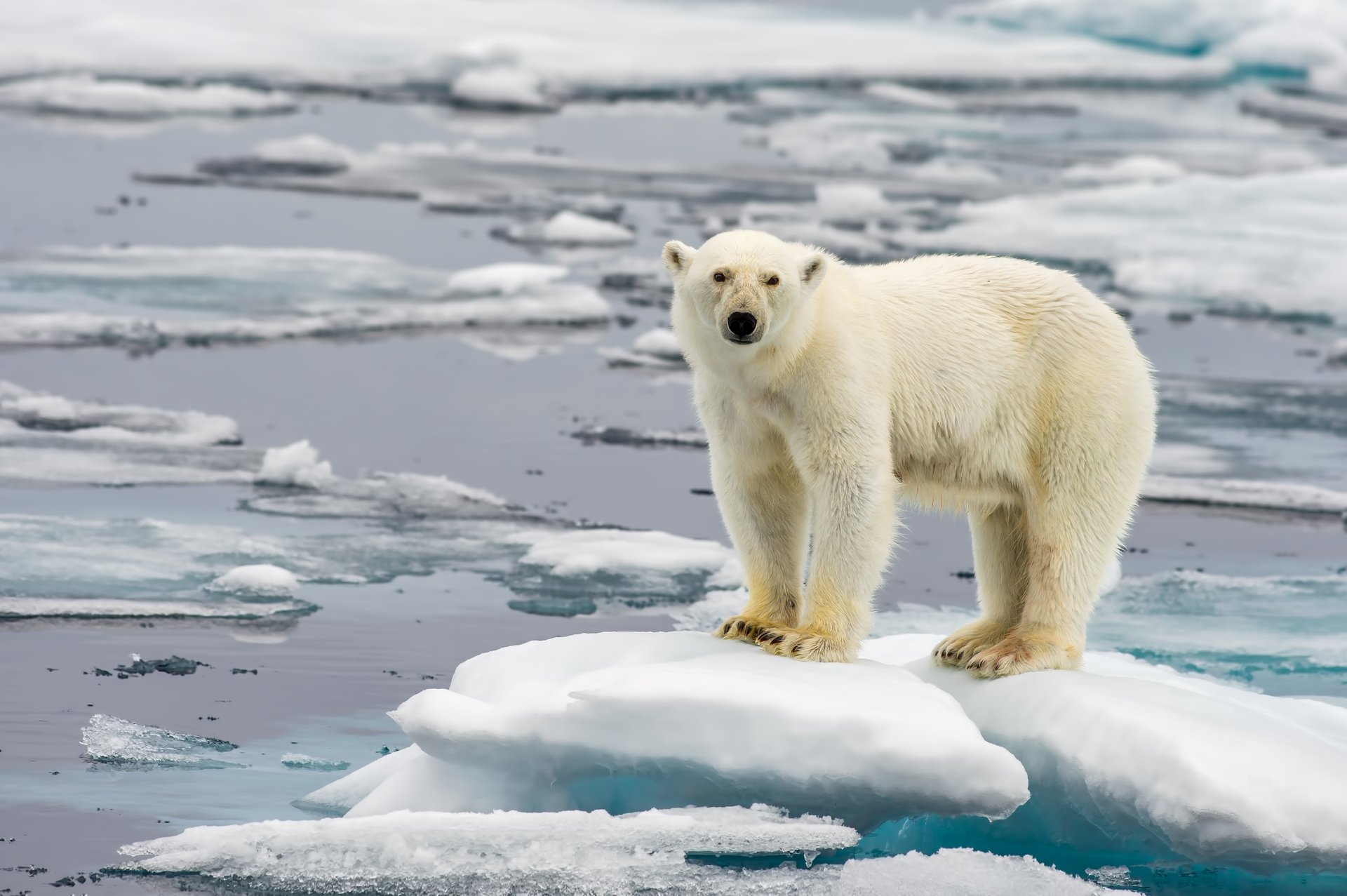
The Arctic is on course to be ice-free during summers by 2045, and the average American is contributing mightily to the rapid melting, a new study says.
The study recently was published in Science, the peer-reviewed journal of the American Association for the Advancement of Science. It finds that Americans are among the worst offenders when it comes to annual carbon emissions, which are linked to rapidly melting Arctic sea ice.
Sea ice is frozen ocean water that melts each summer, then refreezes each winter. Its summertime area has been shrinking each year by nearly 34,000 square miles, according to the National Snow and Ice Data Center.
According to Science:
The jet fuel you burned on that flight from New York City to London? Say goodbye to 1 square meter of Arctic sea ice.
The average American emits about 20 tons of carbon dioxide a year, which causes a whopping 600 square feet of Arctic sea ice to melt away, according to USA Today.
Residents of Australia, Saudi Arabia, Kazakhstan and Oman also release carbon emissions that are similar to those of Americans.
The study says every metric ton of carbon dioxide that’s released into the atmosphere “appears to cost the Arctic another 3 square meters of summer sea ice.” According to Science:
If both the linear relationship and current emission trends hold into the future, the study suggests the Arctic will be ice-free by 2045 — far sooner than some climate models predict. The study suggests that those models are underestimating how warm the Arctic has already become and how fast that melting will proceed.
Shrinking Arctic sea ice puts many animal species at risk, including polar bears. It’s also been linked to the persistent drought in California and recent big snowstorms along the East Coast, study lead author Dirk Notz of the Max Planck Institute for Meteorology tells USA Today.
The Paris Agreement on climate change, which went into effect Friday, sets an international target of 2 degrees Celsius of global warming. According to the study, that’s not enough to save Arctic summer sea ice from completely disappearing.
Have you taken steps to reduce your carbon footprint? Share your thoughts below or on Facebook.




Add a Comment
Our Policy: We welcome relevant and respectful comments in order to foster healthy and informative discussions. All other comments may be removed. Comments with links are automatically held for moderation.